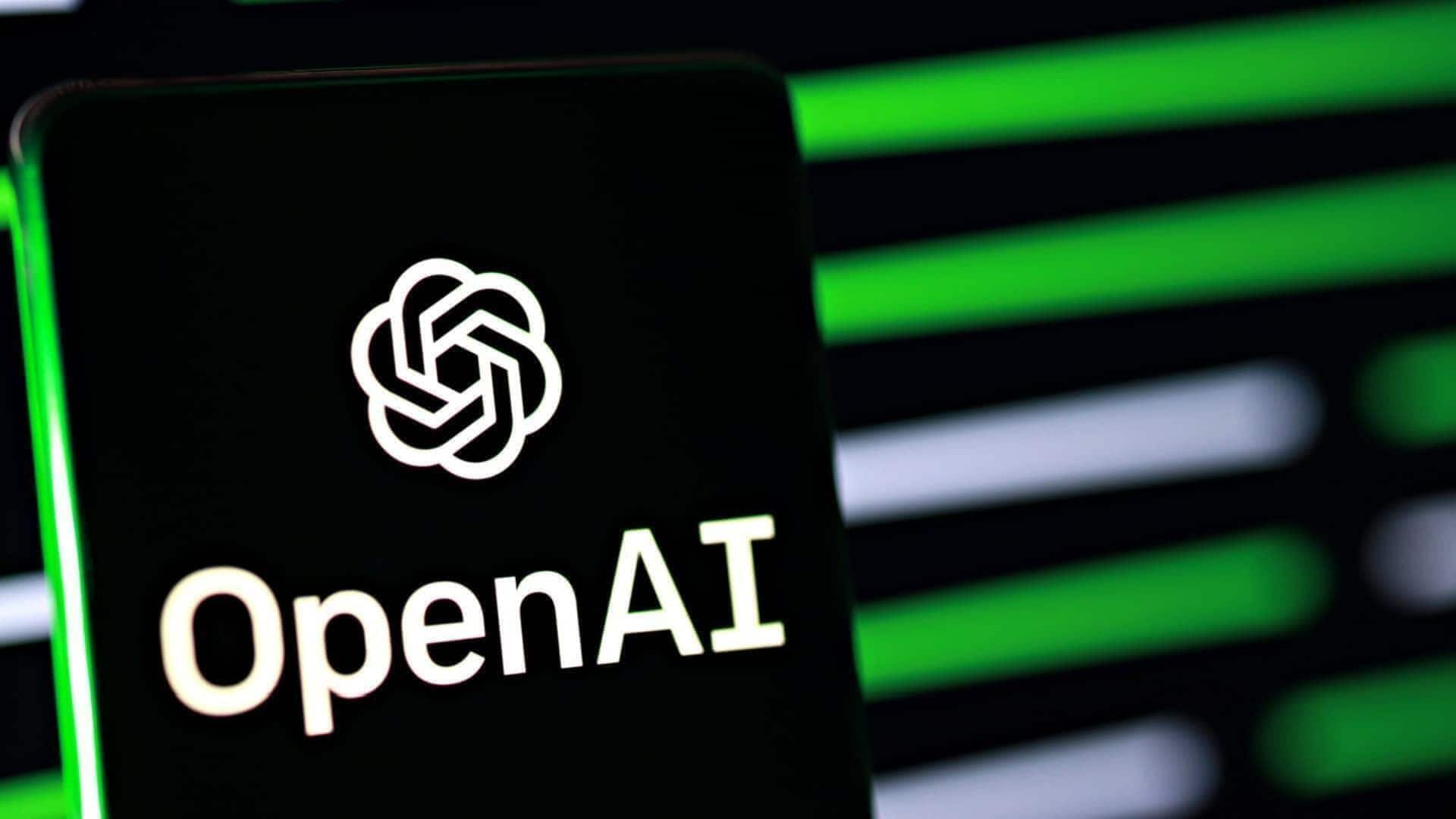
OpenAI's new AI agent can execute multiple coding tasks simultaneously
What's the story
OpenAI has unveiled a research preview of Codex, its most advanced AI coding agent yet. The tool is powered by codex-1, a variant of the company's o3 AI reasoning model specifically optimized for software engineering tasks. As OpenAI says, codex-1 generates "cleaner" code than o3 and follows instructions more accurately. Plus, it can run tests on its code iteratively until passing results are achieved. It is available to subscribers of ChatGPT Pro, Enterprise, and Team from today onwards.
Features
Codex's capabilities and accessibility
Codex works inside a sandboxed, cloud-based virtual computer. By integrating with GitHub, it can be preloaded with your code repositories. You can interact with Codex by assigning new tasks via prompts and buttons in ChatGPT's sidebar. Per OpenAI, the AI coding agent can take anywhere between one to 30 minutes to write simple features, fix bugs, answer questions about your codebase, and run tests among other tasks.
Expansion
OpenAI's future plans for Codex
OpenAI plans to introduce rate limits for Codex in the coming weeks, with users being able to purchase additional credits. The company also plans to expand Codex access to ChatGPT Plus and Edu users soon. The move comes as AI tools for software engineers have taken off in recent months, with Google and Microsoft CEOs claiming that around 30% of their companies' code is now written by AI.
Acquisition
OpenAI's strategy in the AI coding market
OpenAI is also said to be closing a deal to acquire Windsurf, the developer of another popular AI coding platform for $3 billion. This move, along with the launch of Codex, shows that OpenAI is not just building its own AI coding tools but also expanding its portfolio with strategic acquisitions.
Future plans
OpenAI's vision for AI coding agents
OpenAI's Agents Research Lead, Josh Tobin, said the company imagines its AI coding agents to serve as "virtual teammates," performing tasks autonomously that require human engineers "hours or even days" to complete. OpenAI Product Lead Alexander Embiricos assured that a lot of the safety work for their o3 model applies to Codex as well. In a blog post, OpenAI confirmed Codex will reliably refuse requests to develop "malicious software."